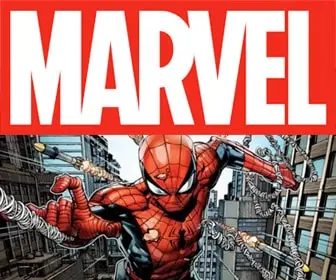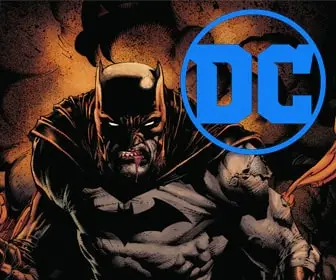
Mastering the Art: Using References in Comic Book Creation
In the realm of comic book art, the use of references is a common and essential practice that helps artists achieve accuracy, consistency, and realism in their work. References can range from photographs and live models to other artworks and real-world observations. They provide a visual guide for anatomy, perspective, environments, and more, ensuring that the fantastical worlds and characters of comics feel believable and engaging. This post explores how artists can effectively use references to enhance their comic book art.
The Importance of References
Before diving into the how-tos, let’s understand why references are so crucial in comic art. Even the most imaginative superheroes are grounded in reality to some extent. Using references helps in:
- Anatomy and Proportion: Ensuring that characters, whether human or not, move and look realistic or stylistically consistent.
- Dynamic Poses: Capturing the essence of movement and emotion in static images.
- Environmental Authenticity: Creating believable settings, from bustling cityscapes to alien landscapes.
- Facial Expressions: Conveying emotions effectively through facial expressions and body language.
- Costuming and Props: Designing accurate and detailed costumes, gadgets, and vehicles.
How to Use References Effectively
- Collecting Reference Material: Start by building a reference library. This can include photographs, books, online resources, and even your own sketches and observations. Organize it in a way that makes it easy to find what you need, whether by category (anatomy, nature, urban environments) or project.
- Studying Real Life: Whenever possible, observe real life. If you’re drawing a busy market scene, visit one. Take notes, sketch, and absorb the atmosphere. For character work, understand the basics of human anatomy and movement by studying people, attending life drawing sessions, or even taking photographs of friends or yourself in various poses.
- Applying References to Art: When starting a new panel or character design, look through your reference materials to find poses, expressions, or environments that match your vision. Use these as a guide, but don’t be afraid to adapt and merge different references to create something new.
- Respecting Copyright: Always use legally acquired references and avoid direct copying unless the reference is in the public domain or you have permission. When in doubt, create your own reference or significantly alter the material to make it uniquely yours.
- Balancing Reference with Creativity: While references are crucial, they should not stifle your creativity. Use them as a starting point, but let your imagination and style shine through. The goal is to enhance your art with realism and consistency, not to bind it to rigid replication.
Tips for Making the Most of References
- Practice Gesture Drawing: Quick sketches from references can improve your understanding of form and movement.
- Understand Light and Shadow: Study how light affects objects from different angles and how shadows are cast. This will add depth and realism to your scenes.
- Use 3D Models: Software and apps can provide 3D models for complex poses or objects, which you can customize and use as dynamic references.
- Network with Other Artists: Sharing resources and tips with peers can expose you to new techniques and materials.
- Keep Sketching: The more you draw from references, the better you’ll become at interpreting and incorporating them into your unique style.
Conclusion
Using references is a skill that, when mastered, significantly elevates the quality of comic book art. It’s about combining the real world with your imagination to create compelling, believable stories. As you continue to practice and learn, you’ll find your own balance between reference and creativity, making your comic book art resonate with readers. So gather your materials, observe the world around you, and let references guide your artistic journey to new and exciting places!






